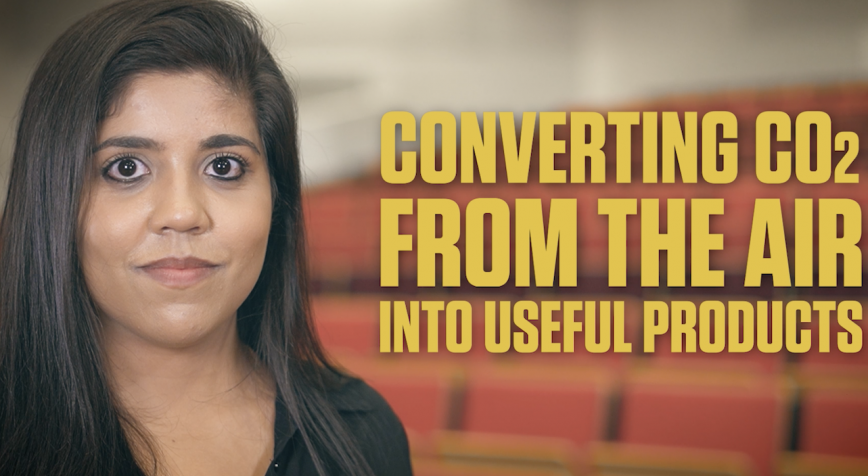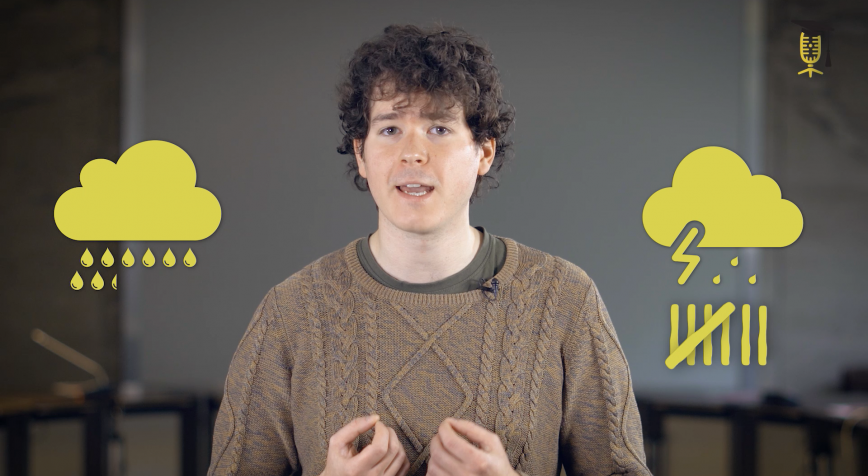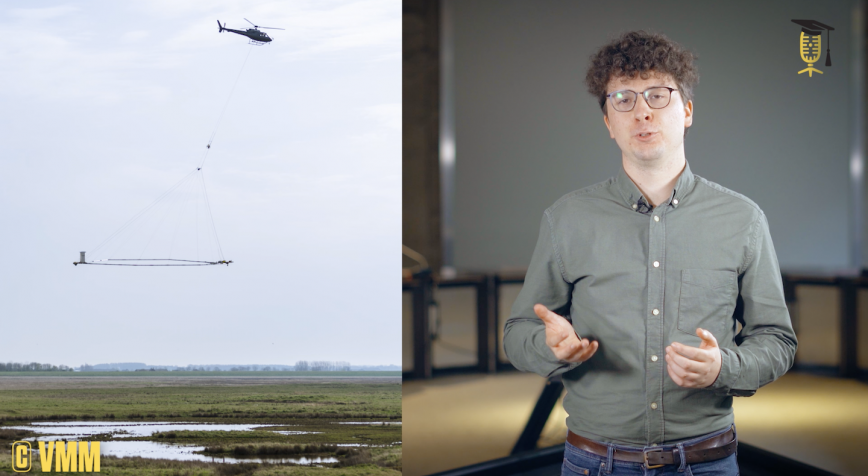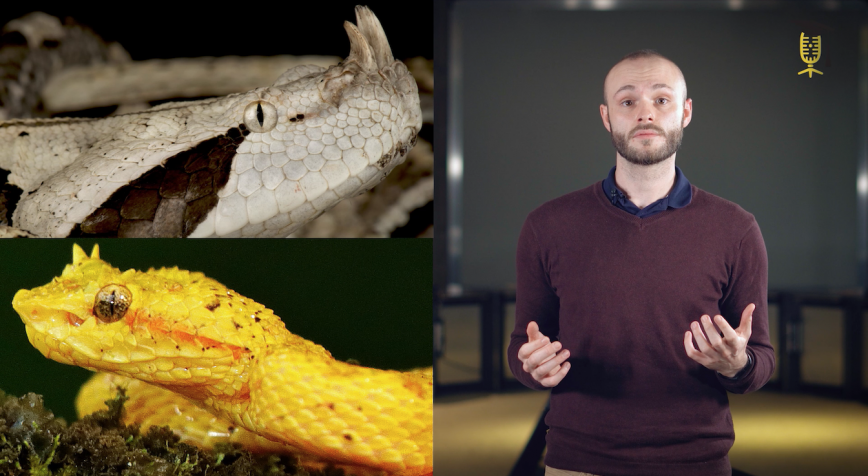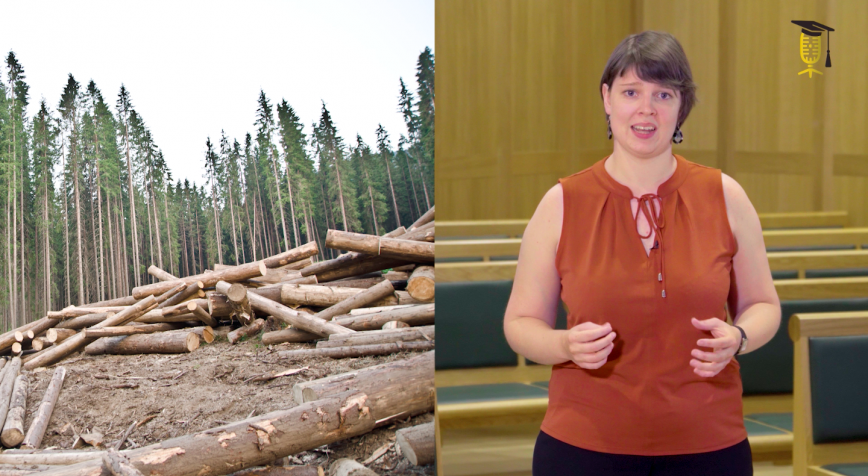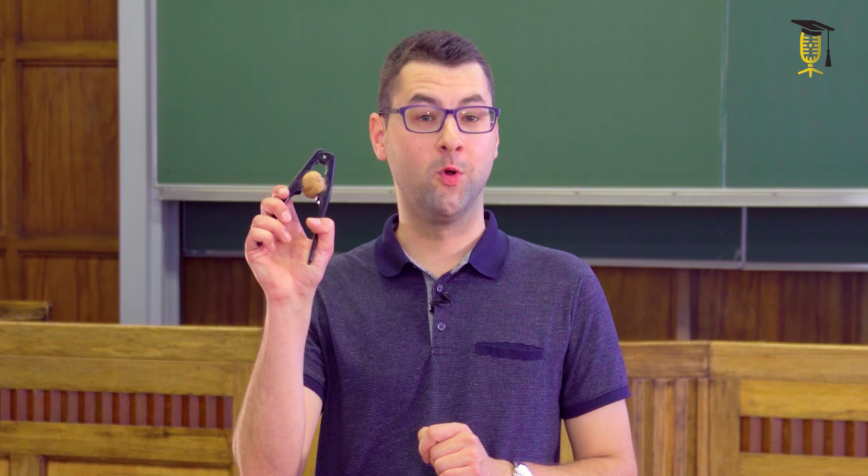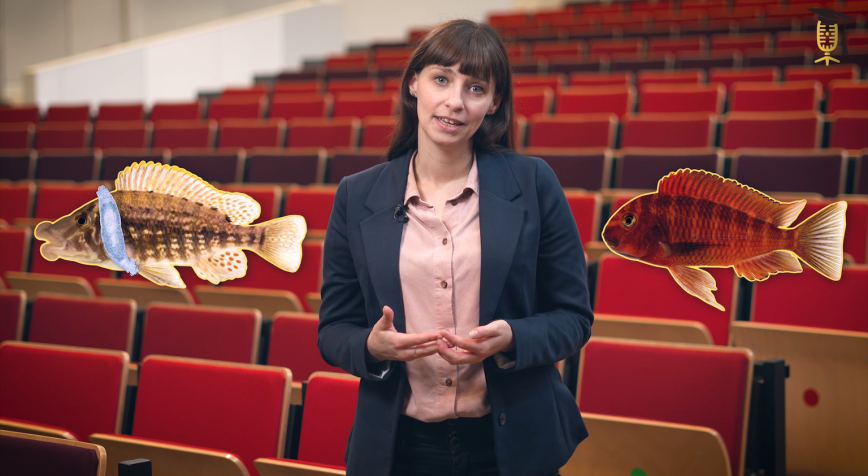
UHasselt
Parasites, the most successful life form on earth
Biologist Nikol Kmentová is fascinated by ... parasites. Why? Because they are the most successful life form on earth. To find out why they are the true champions of life on Earth, Nikol tries to unravel the secrets of these fascinating creatures in the depths of Lake Tanganyika in Africa. In this video, she reveals the strategies that allow parasites to thrive in one of the most diverse ecosystems on the planet!
